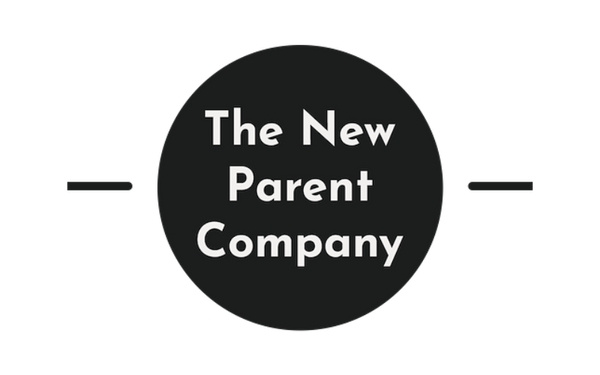14 December 2023
The Importance of Green Parenting

Featuring Una Eco changing pouch and Maggie eco changing mat
Here at Finnsøn, we are always challenging ourselves to find ways to live a more sustainable lifestyle. As climate change and environmental degradation increasingly become pressing issues, many people like us, are seeking ways to live more sustainably with a baby in today's world.
But what exactly is green parenting? And how can we practically live a more sustainable lifestyle with a baby? Here we explore these questions and provide practical tips for those interested in adopting an eco-friendly approach to raising children.
What is Green Parenting?
Green parenting refers to the practice of raising children in an environmentally friendly manner. It involves making conscious choices that minimise harm to the environment and promote sustainability.
From the products you buy for your baby to the food you feed them, every decision can be an opportunity to make an eco-friendly choice.
Green parenting is not just about protecting the environment; it also promotes healthier living and teaches children about the importance of caring for our planet.

Featuring Selby Eco changing bag and Frida Eco stroller organiser
Here are 4 ways in which we live a more sustainable lifestyle with a baby;
1. Choose Eco-Friendly Baby Products. One of the first steps towards green parenting is choosing eco-friendly baby products. These include items made from organic or recycled materials, such as clothing, bedding, toys, and nappies. For instance, instead of using disposable diapers that contribute significantly to landfill waste, consider using cloth/reusable nappies or biodegradable options. When it comes to toys and clothes, opt for second-hand items or those made from sustainable materials like organic cotton or bamboo. Not only are these choices better for the environment, but they also tend to be gentler on your baby's skin. See our recent blog for more top tips.
2. Opt for Natural Baby Food. Feeding your baby organic food, where possible, is another way of living sustainably with a baby. Organic foods are grown without synthetic pesticides and fertilisers, which means they're not only healthier for your little one but also better for the environment. Making your own baby food at home can also reduce waste from packaging and give you control over what goes into your baby's diet.
3. Practice Minimalism. Green parenting also involves embracing minimalism. This means buying only what is necessary and avoiding the consumerist trap of overbuying. Remember, babies outgrow clothes and toys quickly, so it's not necessary to have a surplus of these items. Instead of buying new clothes every few months, consider swapping with other parents or purchasing second-hand items.
4. Teach Your Children About Sustainability. As your child grows older, it's important to teach them about sustainability and the importance of caring for the environment. This can be done through simple activities like recycling, gardening, or picking up litter during walks in the park. By instilling these values early on, you're helping raise a generation that is conscious about their impact on the environment.
While it may seem challenging at first, living a more sustainable lifestyle with a baby can be achievable with some planning and commitment. It might require some adjustments to your lifestyle, but remember that every small step counts towards making our planet a better place for future generations.












